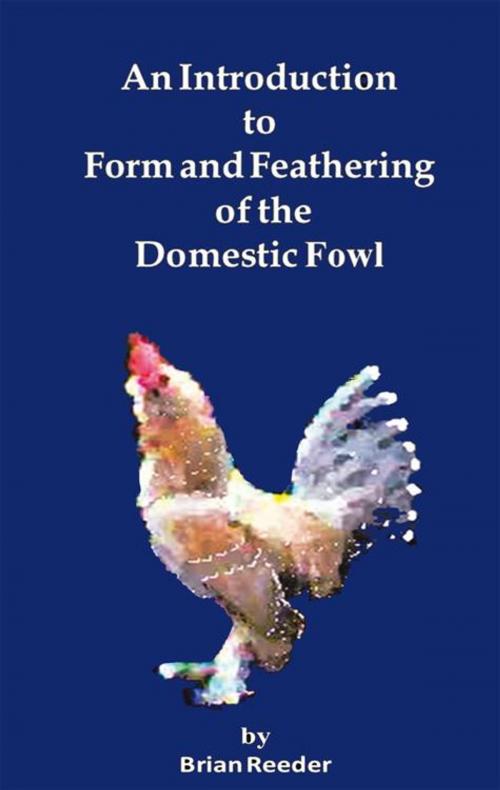An Introduction to Form and Feathering of the Domestic Fowl
Nonfiction, Home & Garden, Pets, Science & Nature, Nature| Author: | Brian Reeder | ISBN: | 9781456747831 |
| Publisher: | AuthorHouse | Publication: | May 5, 2011 |
| Imprint: | AuthorHouse | Language: | English |
| Author: | Brian Reeder |
| ISBN: | 9781456747831 |
| Publisher: | AuthorHouse |
| Publication: | May 5, 2011 |
| Imprint: | AuthorHouse |
| Language: | English |
In this introduction to the genetics of form and feathering of the domestic fowl you will
fi
nd a
straightforward method that allows anyone, beginner or advanced hobbyist, to understand how
the major genes of form and feathering come together to create the silhouette that is the hallmark
of each breed. Beginning with a discussion of the skeleton genes, then moving to muscling
genes, feathering genes and
fi
nally to comb genes, an understanding of the layers that make the
silhouette is revealed. From this system of understanding how the silhouette is formed, one can
then understand what really makes one breed unique from another.
All of the genes presented herein are found in the commonly seen exhibition breeds and many
hobbyists will be familiar with these breeds, but may be less familiar with the genetic factors
involved. This volume is a wonderful tool for learning the basis of how the breeds are made, how
their respective forms are derived from separate genes of form and feathering, and how those
genes all come together to make the one visual impression that we consider a breed. There is in
fact no one single gene which makes the form of any given breed. Many genes are required to
derive each type and the combination of those many genes creates the silhouette. As you will
see from the many silhouette illustrations in this book, once you know a breed, it is instantly
recognizable from its silhouette alone.
In addition to the discussion of the genes, there is a discussion of basic genetic concepts and of the
complex and often confusing method of quantitative selection that is very applicable to many of
the genes described herein. This book presents a very clear system for learning about the genetics
of form and feathering in the domestic fowl and is written to be understood by the young and
beginners alike.
In this introduction to the genetics of form and feathering of the domestic fowl you will
fi
nd a
straightforward method that allows anyone, beginner or advanced hobbyist, to understand how
the major genes of form and feathering come together to create the silhouette that is the hallmark
of each breed. Beginning with a discussion of the skeleton genes, then moving to muscling
genes, feathering genes and
fi
nally to comb genes, an understanding of the layers that make the
silhouette is revealed. From this system of understanding how the silhouette is formed, one can
then understand what really makes one breed unique from another.
All of the genes presented herein are found in the commonly seen exhibition breeds and many
hobbyists will be familiar with these breeds, but may be less familiar with the genetic factors
involved. This volume is a wonderful tool for learning the basis of how the breeds are made, how
their respective forms are derived from separate genes of form and feathering, and how those
genes all come together to make the one visual impression that we consider a breed. There is in
fact no one single gene which makes the form of any given breed. Many genes are required to
derive each type and the combination of those many genes creates the silhouette. As you will
see from the many silhouette illustrations in this book, once you know a breed, it is instantly
recognizable from its silhouette alone.
In addition to the discussion of the genes, there is a discussion of basic genetic concepts and of the
complex and often confusing method of quantitative selection that is very applicable to many of
the genes described herein. This book presents a very clear system for learning about the genetics
of form and feathering in the domestic fowl and is written to be understood by the young and
beginners alike.















